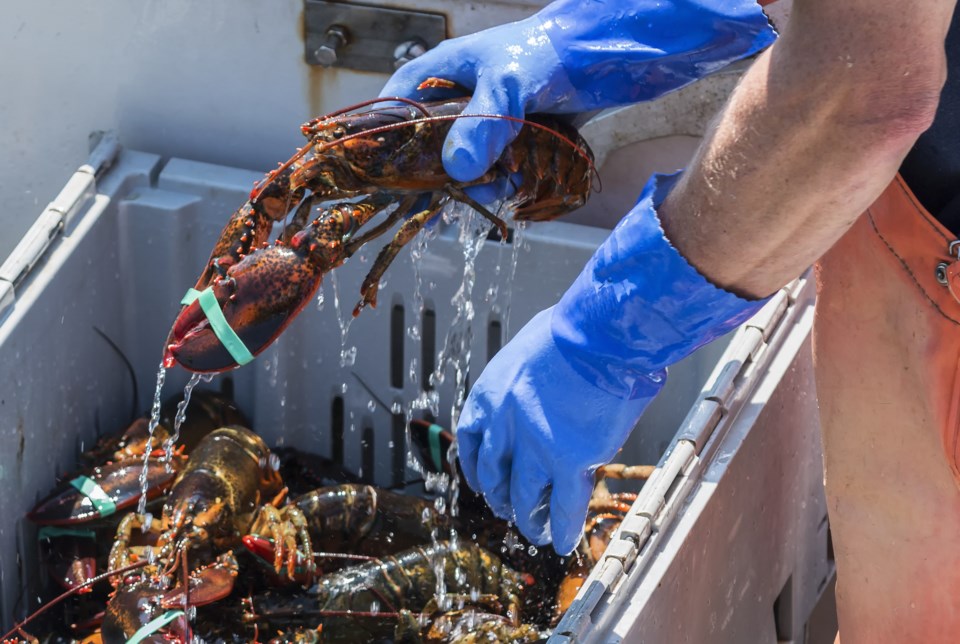The Chief and Council of Batchewana First Nation have expressed their sadness in regards to the situation in Nova Scotia between Indigenious and non-Indigenious commercial fishermen.
Earlier this week, non-Indigenous fishing boats moved into St. Marys Bay off western Nova Scotia to remove lobster traps set by fishermen from the Sipekne'katik First Nation, taking action on what they say is "an illegal out-of-season fishery."
"The Mi'kmaq affirmed their right to fish for a moderate livelihood by the Supreme Court of Canada in 1999," says BFN in the following letter, expressing their concerns and support to the Mi’kmaq.
The following is a letter from the Government of the Batchewana First Nation of Ojibways:
The Chief and Council of Batchewana First Nation (BFN) are saddened by the situation occurring in Nova Scotia between indigenous and non-indigenous commercial fishermen.
Commercial fishermen are accusing the local First Nations of disguising the communal indigenous lobster fishery as a large-scale commercial fishery.
At issue is the enforcement of Canadian regulations that prohibit a commercial lobster fishery when the season is closed. The Mi’kmaq reject these regulations as a self-governing Nation.
The Mi'kmaq affirmed their right to fish for a moderate livelihood by the Supreme Court of Canada in 1999.
Much like the Mi’kmaq, Batchewana First Nation’s largest economic resource is commercial fishing. BFN leadership identify with the current struggles in Nova Scotia having successfully had their right to fish (including commercial sale of those fish) recognized by the Agawa Decision of 1989.
The leadership of Batchewana First Nation want to express their support to the Mi’kmaq who are fighting for their own regulated, rights-based fishery that is reflective of natural law and ensures sustainability.
